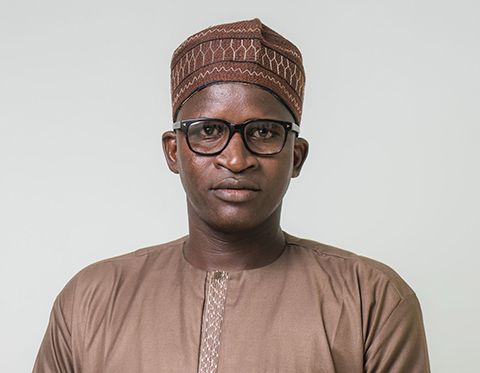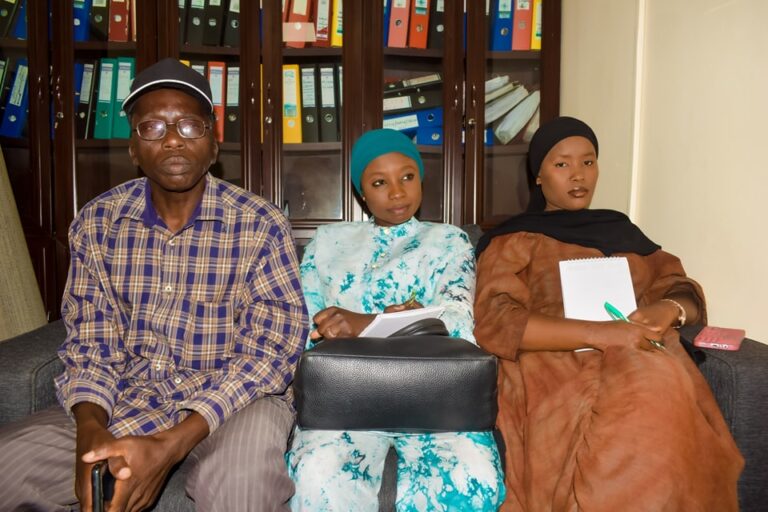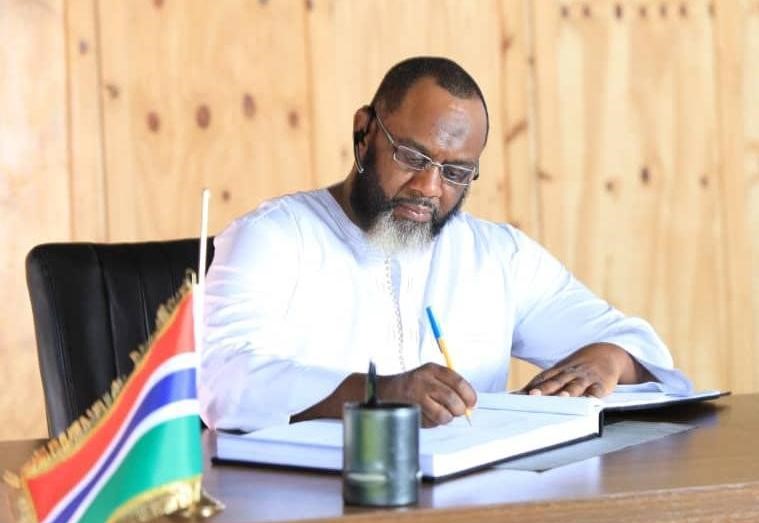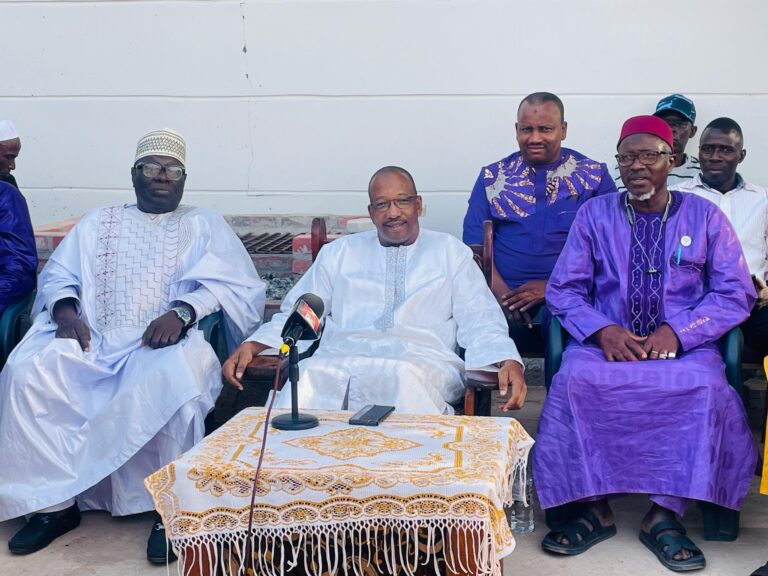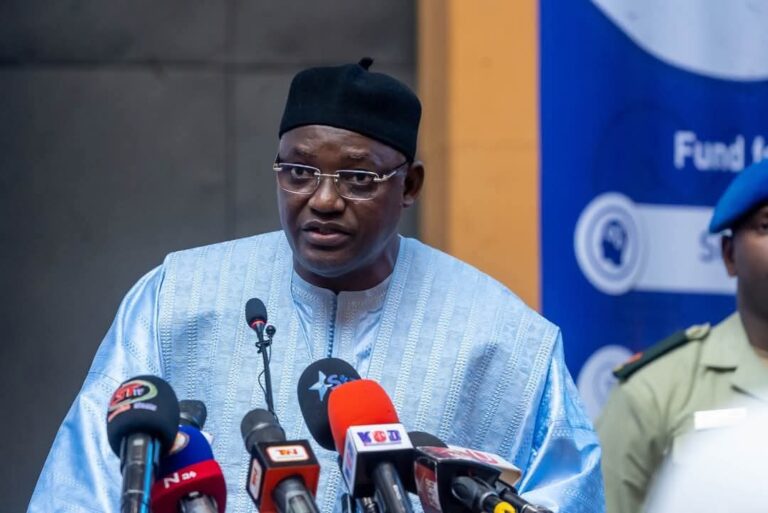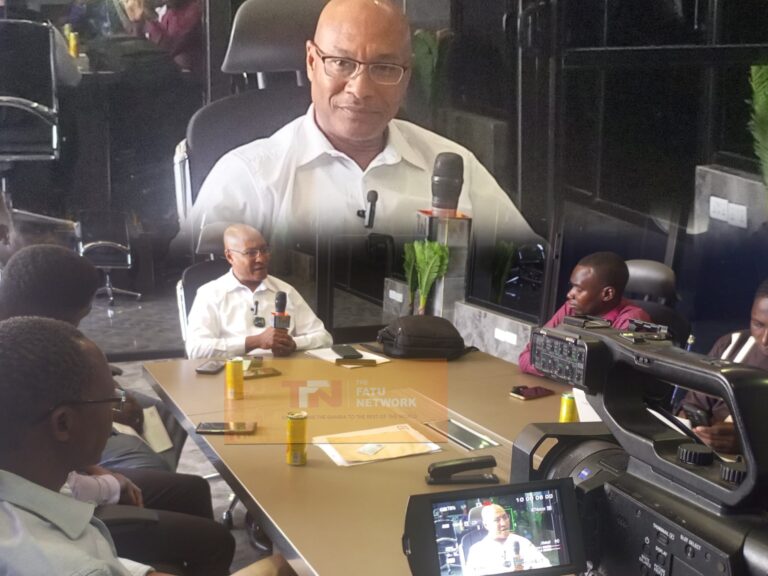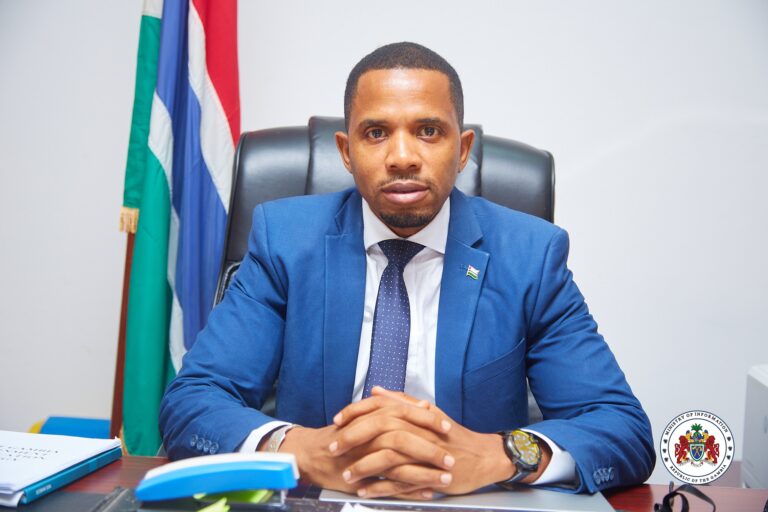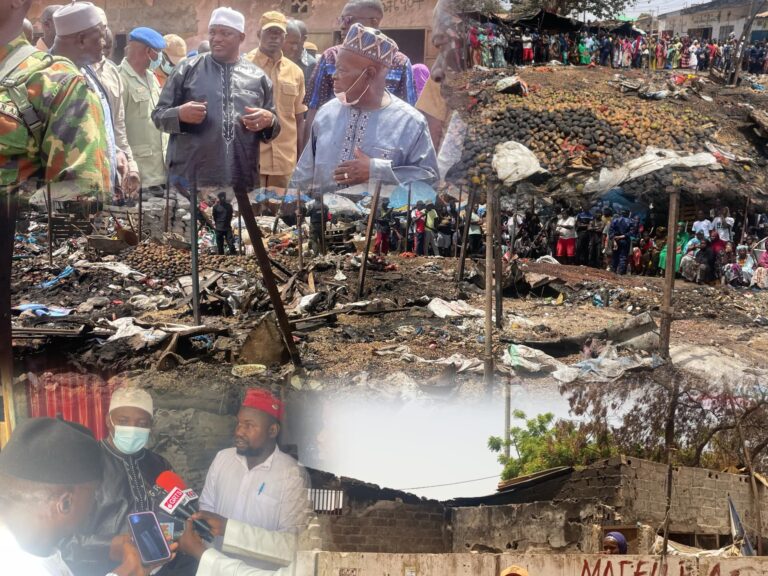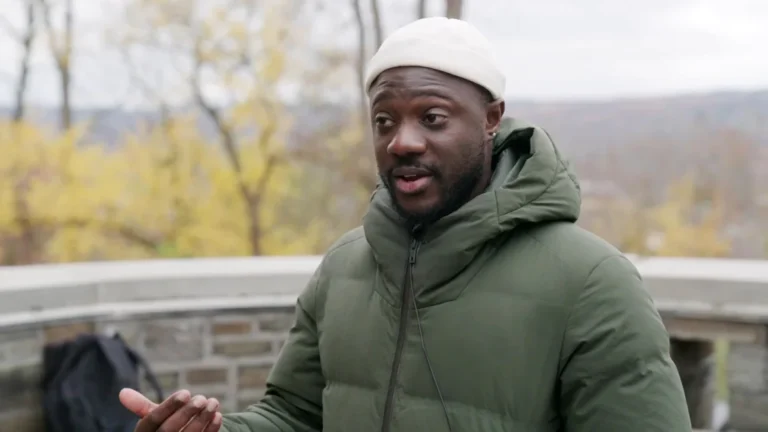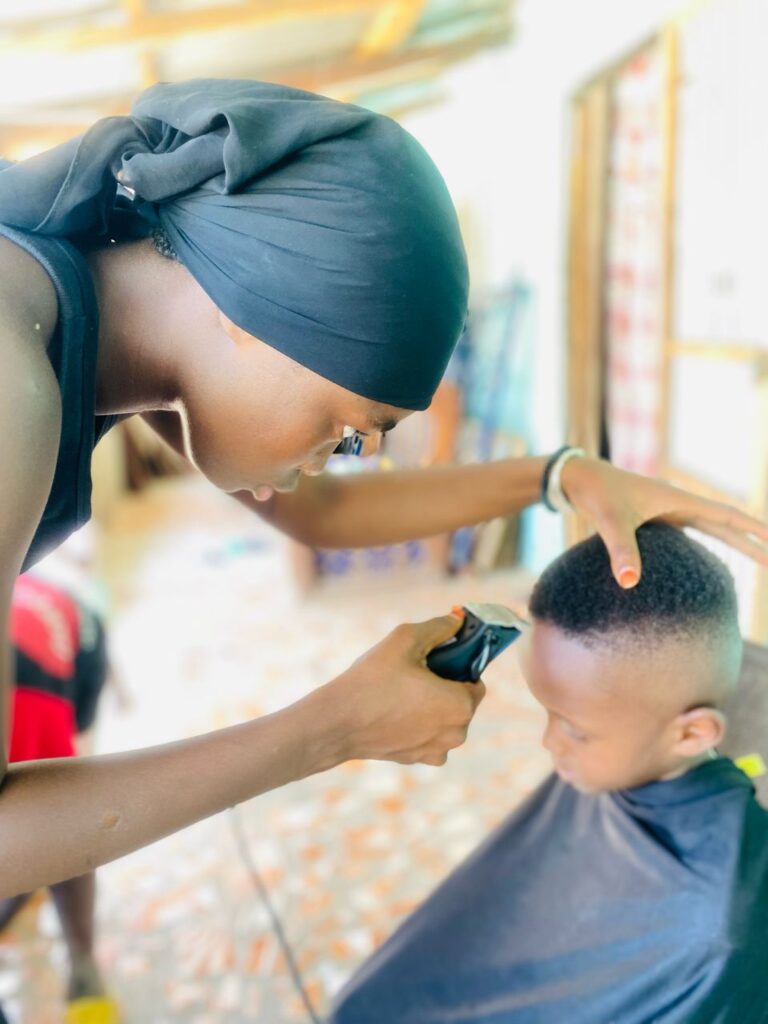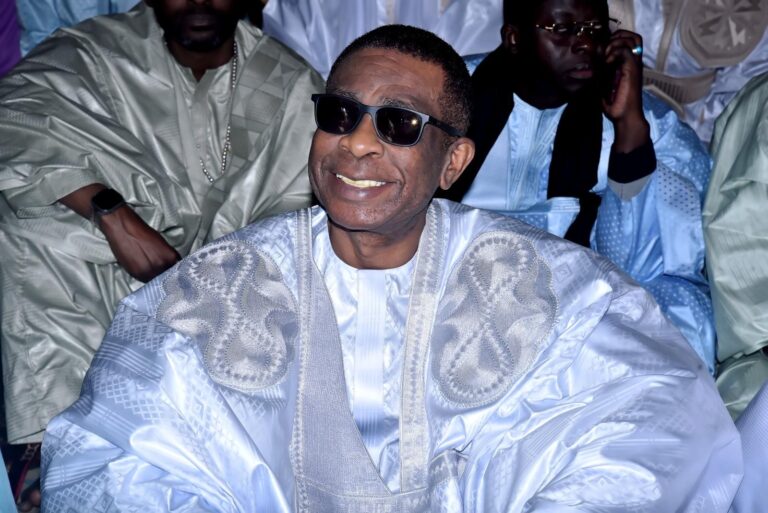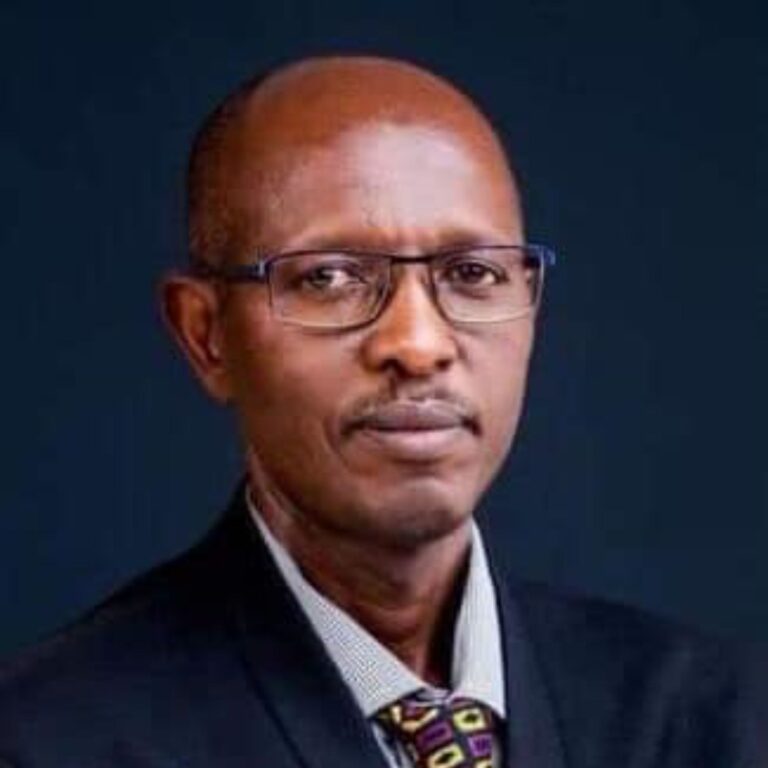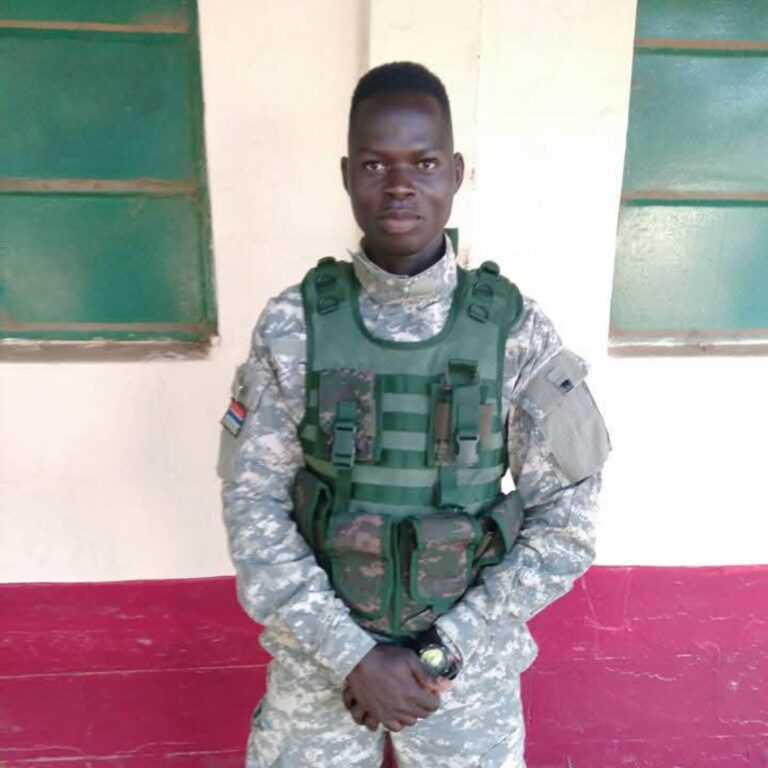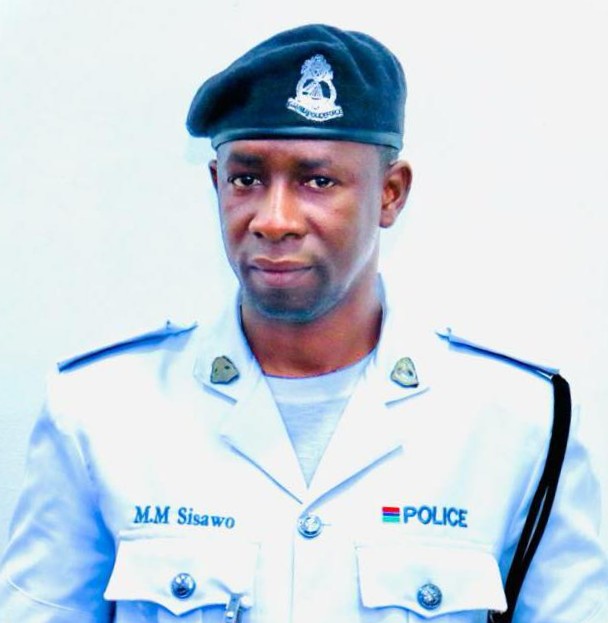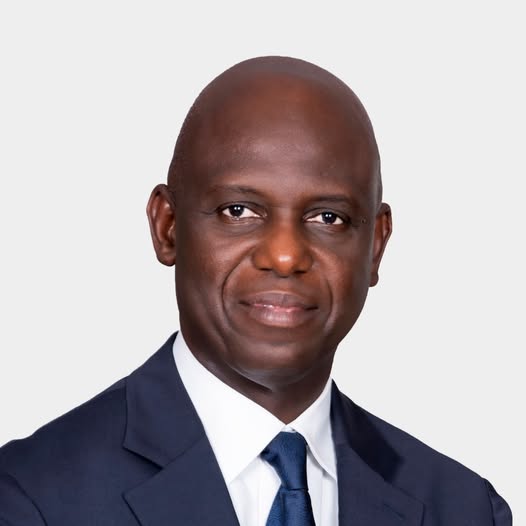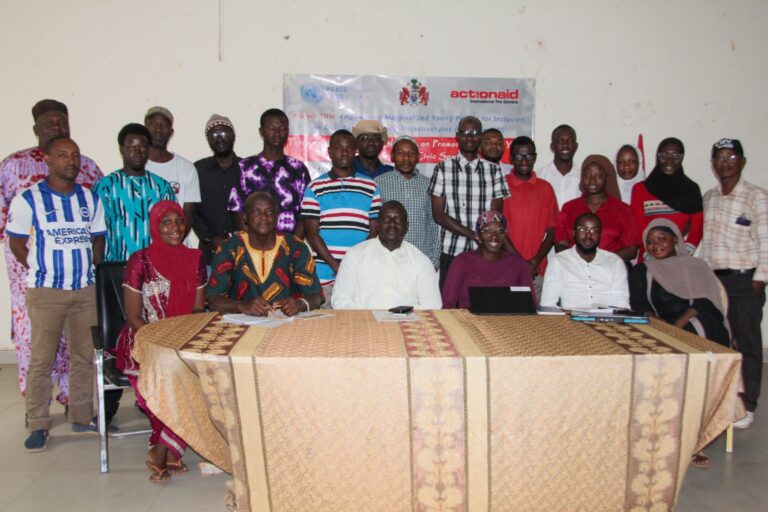By: Alieu Jallow
The National Assembly Member (NAM) for Wuli West, Nfamara Sabally, has strongly denied allegations circulating on social media that he was involved in the ritualistic slaughter of 50 goats for personal gain. Speaking in a telephone interview with The Fatu Network, the lawmaker described the claims as false and politically motivated attempts to tarnish his image.
According to Sabally, the goats were part of a charitable initiative by HMD, a humanitarian organization that provides food aid to underprivileged families. He explained that the initiative, now in its second year, aims to support vulnerable communities with rice, sugar, cash, and meat, especially during religious celebrations. “The organization expanded its support this year, reaching seven communities. Many families struggle to afford basic necessities, including meat. So, in collaboration with HMD Charitable Organization, we arranged for these goats to be distributed to the needy,” he said. Sabally’s claim was confirmed by the charitable organization.
He clarified that the animals were placed under the care of local alkalos (village heads) before being slaughtered and distributed to families, stressing that they refrained from handing the goats directly to the beneficiaries out of concern that they might sell them. “If you sell the goat and keep the money, the family won’t benefit. That’s why we ensure the meat is given directly to them,” he added.
The legislator alleged that his accuser, Lamin Fatty, was politically motivated, claiming that Fatty, who belongs to the opposition PDOIS party, was deliberately trying to damage his reputation. “This same individual, whose wife I personally helped with food supplies during Ramadan, is now leading this smear campaign,” he stated. He also highlighted HMD’s contributions to the constituency, including building six houses for families displaced by disasters, asking, “Why are these good deeds not being mentioned?”
Dismissing claims that foreigners were involved in the process, he reiterated his commitment to serving his people. “Today, I am a National Assembly Member, but tomorrow, only God knows what will happen. My focus is to finish my term in peace and continue working for my people.” The lawmaker called on the public to disregard the allegations, emphasizing that his only intention was to assist those in need.

